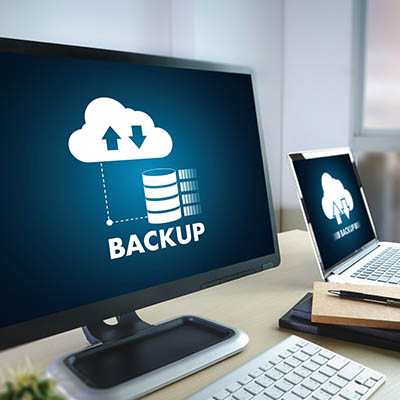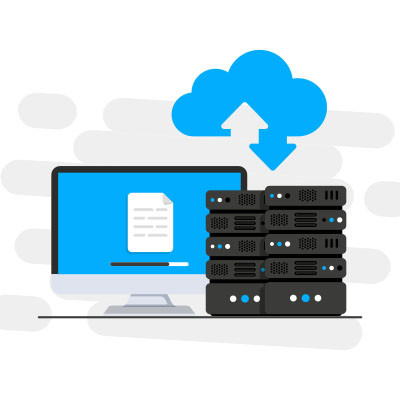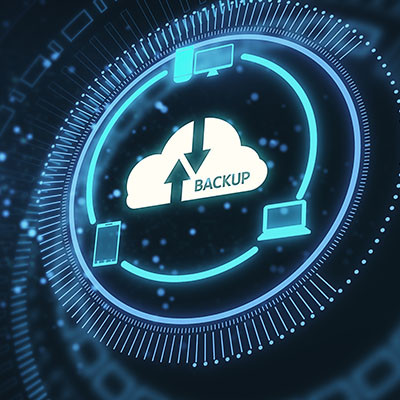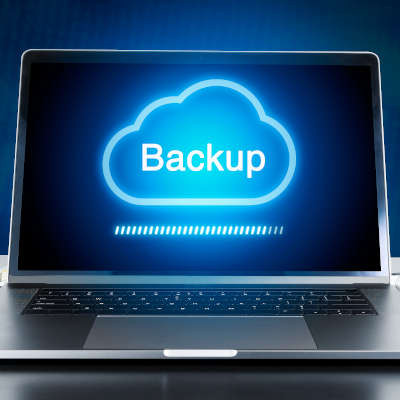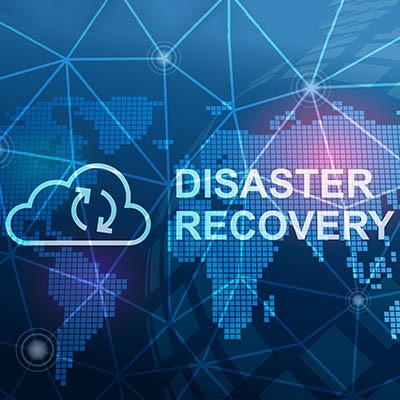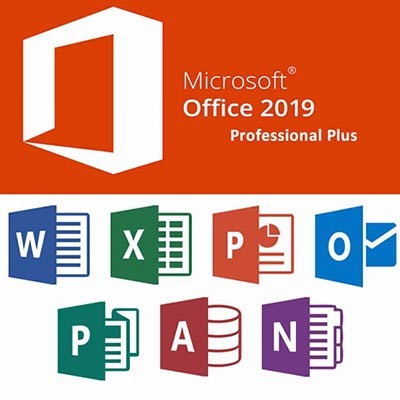It is remarkable how much more capacity our data storage tools have than they had upon their initial invention, and how much data we’ve amassed in that time. The first-ever commercial hard drive was the size of two refrigerators, and held a mere five megabytes of data. For context, that’s about five photographs. Today, hard drives hold exponentially more data, and it is critical that you are doing everything you can to protect this data from any circumstance, from fire, severe weather, or cyberattack.
So, are you? Too many business owners aren’t sure… but there’s a way you can be.

